IU researchers strive to improve health outcomes for Hoosiers and individuals around the world. But human health has become so multi-faceted that meaningful discovery cannot be achieved in a vacuum. This groundbreaking work spans a variety of disciplines, bringing together our top scientists to help solve some of the world's most challenging problems – from public health to personal health.
Health innovators
CARE Consortium receives $42M to launch next phase of concussion study
The NCAA-U.S. Department of Defense Concussion Assessment, Research and Education (CARE) Consortium expanded with a boost of nearly $42.65 million in new funding. The IU School of Medicine serves as the administrative and operations core for the study, which is aimed at following athletes for a decade after injury – examining the impacts of head injuries after graduation and improving understanding of potential interventions to mitigate long-term effects of these injuries.

1NATIONAL CANCER INSTITUTE-DESIGNATED COMPREHENSIVE CANCER CENTER IS IN INDIANA: THE IU MELVIN AND BREN SIMON COMPREHENSIVE CANCER CENTER
160PARTNERSHIPS IN 34 INDIANA COUNTIES WITH IU RESEARCHERS WORKING TO TACKLE SUBSTANCE USE DISORDER
$217MIN NIH RESEARCH FUNDING RECEIVED BY THE SCHOOL OF MEDICINE IN 2021, AND 4 OF 5 STUDIES RECEIVING THE MOST FUNDING FOCUSED ON ALZHEIMER'S DISEASE
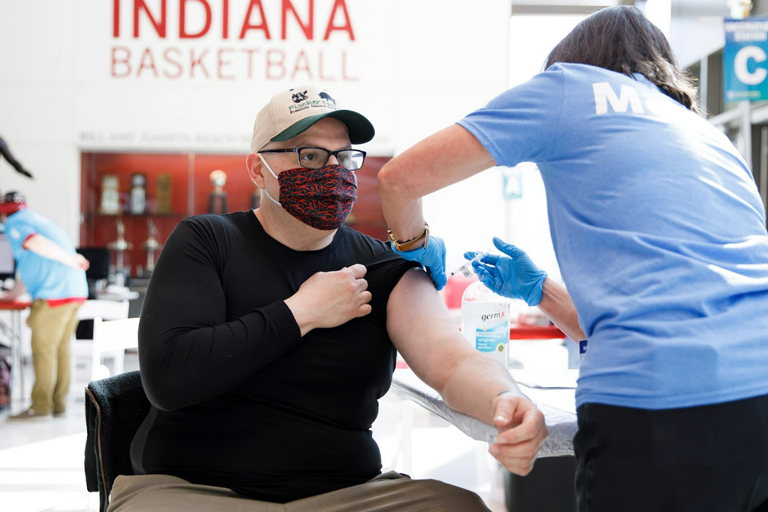
Monitoring the pandemic
Almost 140,000 deaths were prevented during the first five months of COVID-19 vaccination efforts in the United States, an IU study found -- underscoring the vaccine's importance to the country's pandemic response.
Learn more about the impact of the COVID-19 vaccination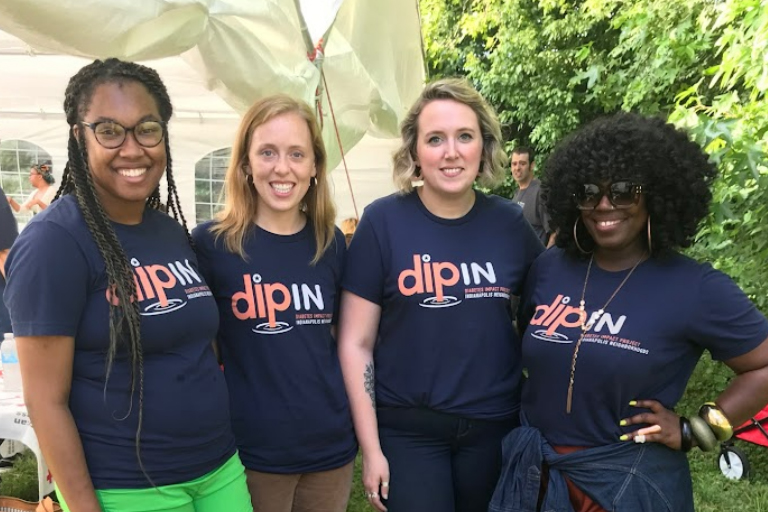
Improving health equity
In an effort to improve health equity in neighborhoods where residents are predominantly people of color, the IU Richard M. Fairbanks School of Public Health at IUPUI expanded its Diabetes Impact Project, building on its collaboration with Indianapolis communities.
Find out how researchers are improving health equity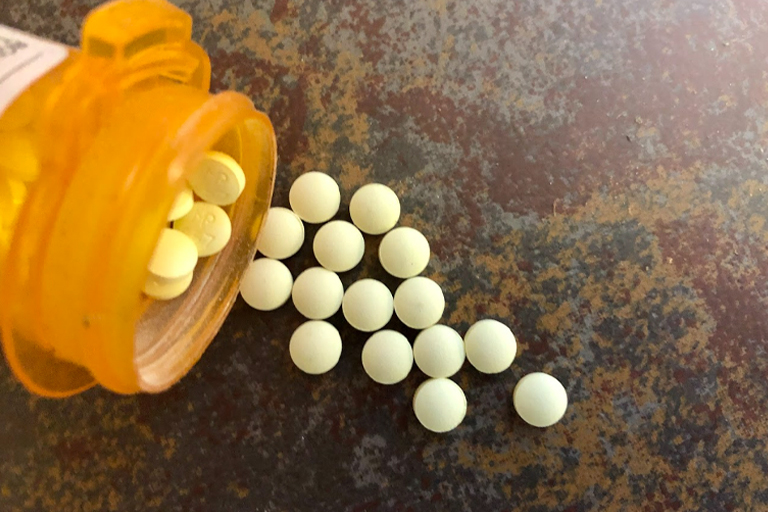
Preventing opioid overdoses
IU researchers are developing a wearable device to detect and treat an opioid overdose in real time – potentially saving people’s lives – thanks to a more than $3.8 million grant from the National Institute on Drug Abuse.
Read about the wearable device's development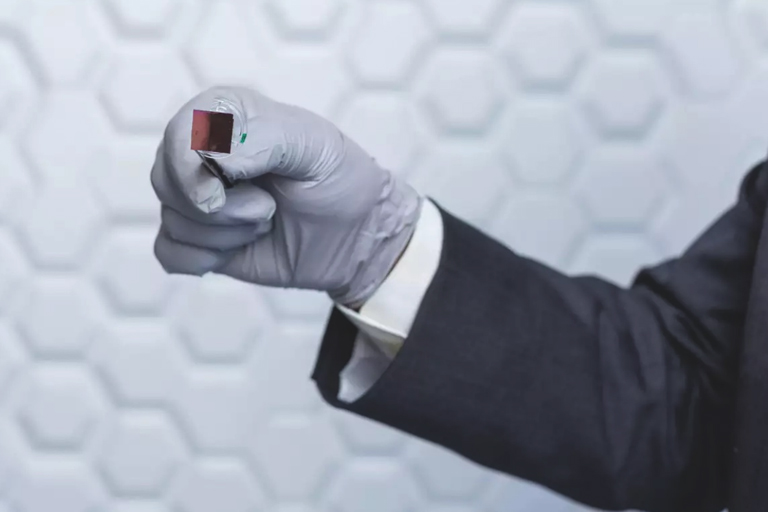
Reprogramming biological tissue
An innovative device that can treat a variety of chronic health concerns by reprogramming biological tissue in living bodies, developed by IU School of Medicine researchers, is one step closer to potential use.
Learn how this nanochip will help with a variety of health concerns
Advancing Alzheimer’s research
An IU School of Medicine researcher is gaining ground on the development of novel, cutting-edge blood tests to aid in the diagnosis and treatment of Alzheimer’s disease.
Learn more about the work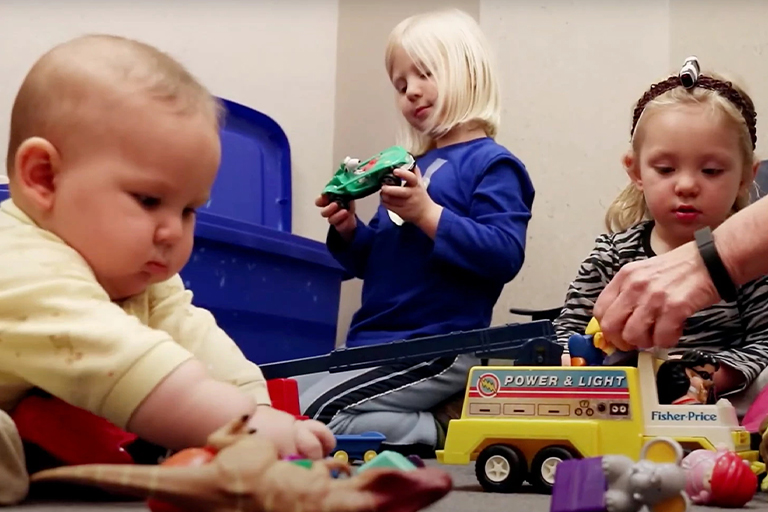
Studying infant learning
A fresh perspective on how infants begin to connect names with objects, information that could help clinicians develop better interventions for children who are considered "late talkers," is a focus of an IU study.
Find out more about early language development

